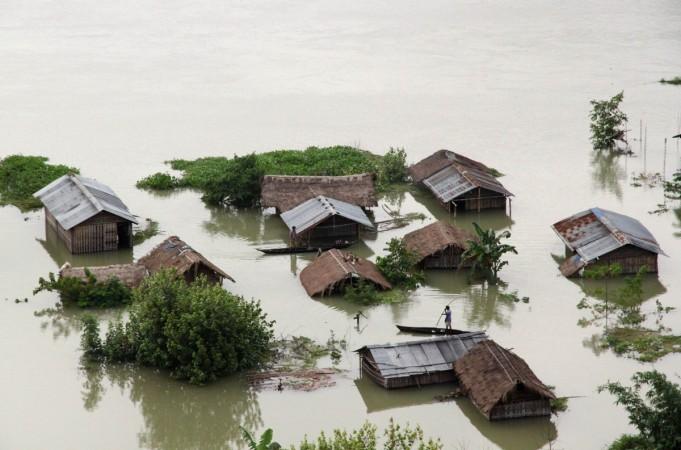
In a move that could impact Brahmaputra River's flow in lower riparian countries like India and Bangladesh, China has blocked a tributary of the river to construct a dam in Tibet.
The Chinese project is part of expensive hydropower project Lalho on the Xiabuqu River, which is a tributary of Brahmaputra (or Yarlung Zangbo). According to Chinese news agency Xinhua, the country is investing around $740 million in the project. The project is coming up in Xigaze, Tibet.
Xigaze (or Shigatse) is located close to Sikkim and it is from here that Brahmaputra River flows into India via Arunachal Pradesh, PTI reported.
There is no clarity on the impact that this could have on the countries that are downstream - India and Bangladesh.
Previously, India had made known to China about its concerns after it operationalised $1.5 billion Zam Hydropower Station in 2015. India fears that such hydropower dams might cause natural calamities in downstream areas.
But China had dispelled any Indian fear that the dam would restrict water flow to India saying that these projects are not designed to hold water and they are "run-of-the-river" project. Previously, China had assured India that it would be taking into account Indian interests when constructing hydropower projects on the Brahmaputra River.
Though the two countries do not have an existing water-sharing treaty, in October 2013, they established Expert Level Mechanism (ELM) on trans-border rivers. They have a memorandum of understanding (MoU) on water cooperation. It is under this MoU that China provides India with data on the water flow.
China blocking the Brahmaputra River tributary becomes significant as India has been mulling options to scrap the Indus Waters Treaty with Pakistan. Many Kashmiris have argued that this treaty is unfair to them. Moreover, critics have argued for scraping the treaty as it favours Pakistan more than it does to India.
On the recent heightened tension between India and Pakistan, China has taken a balanced approach asking both the countries to resolve their differences through "dialogue and consultation" and to "join hands to promote regional peace, stability and development."
It must also be noted that of the six rivers that are parts of the Indus Waters Treaty, rivers like Sutlej and Indus have their origin in China.














